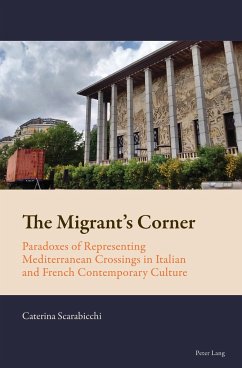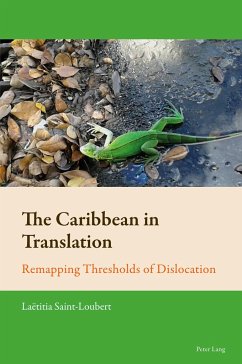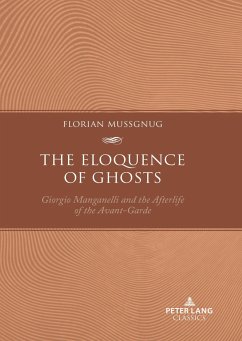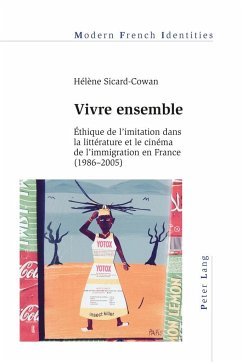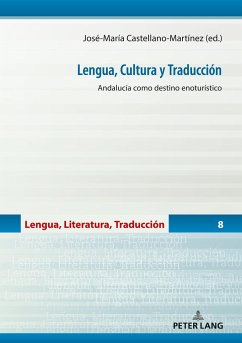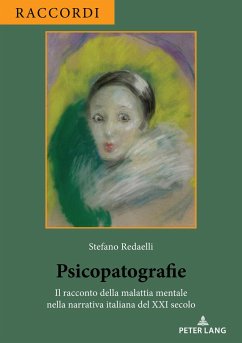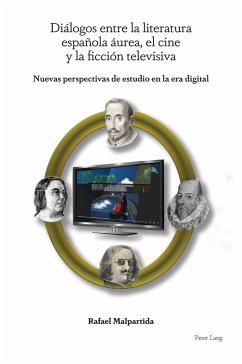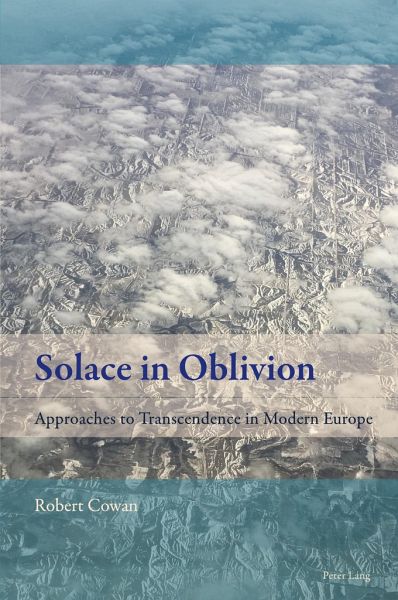
Solace in Oblivion
Approaches to Transcendence in Modern Europe
Versandkostenfrei!
Versandfertig in 6-10 Tagen
62,80 €
inkl. MwSt.
Weitere Ausgaben:

PAYBACK Punkte
0 °P sammeln!
We live in an era of global anxiety - about rising nationalism, civil and human rights struggles, the ramifications of declining white male hegemony, about driving ourselves and other species toward extinction. So it's no surprise that we also seek transcendence of our material circumstances. But exploring the possibilities of transcendence of our materiality - whether through religion, philosophy, psychology, or literature - is not a new feature of thought, art, or action. This book explores approaches to the immanence-transcendence problem in works of French, German, Italian, and Russian lit...
We live in an era of global anxiety - about rising nationalism, civil and human rights struggles, the ramifications of declining white male hegemony, about driving ourselves and other species toward extinction. So it's no surprise that we also seek transcendence of our material circumstances. But exploring the possibilities of transcendence of our materiality - whether through religion, philosophy, psychology, or literature - is not a new feature of thought, art, or action. This book explores approaches to the immanence-transcendence problem in works of French, German, Italian, and Russian literature and philosophy between 1762 and 2016, in an effort to understand how different thinkers have approached this dynamic. The volume is divided into four "suppression" approaches and four "infliction" approaches, sometimes combining sympathetic source material from different centuries and countries that take complementary stances. While this book takes a skeptical approach as to whether a person can experience sensory comprehension of transcendence of his or her own embodiment, we are clearly in need of literature that provides guidance for our current sociological and psychological circumstances in an effort to help us navigate our global future.





